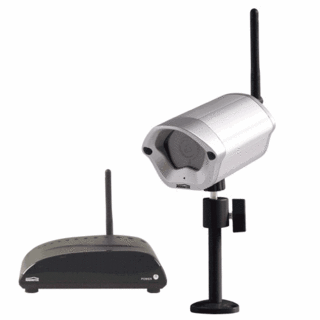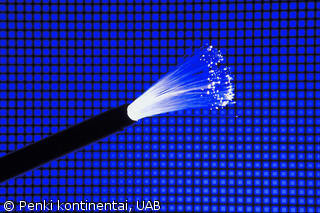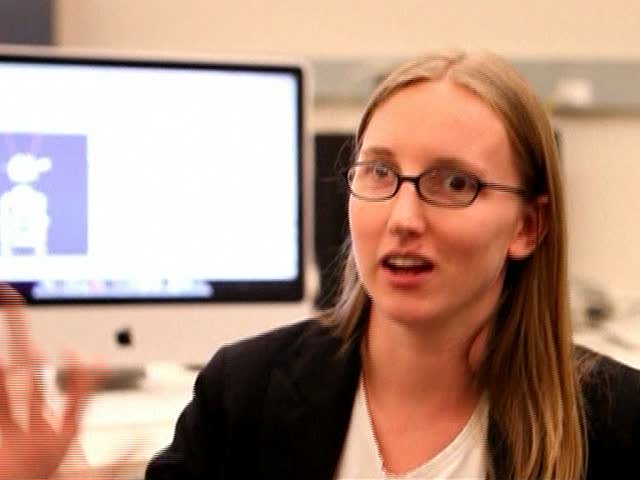The Australian government is planning to get tough on cyber crime.
Published:
20 May 2001 y., Sunday
Stepping in to replace laws that were originally drawn up in the 1980s, a bill to go before Parliament shortly will lift the maximum penalty for computer crime to at least ten years in jail.
Federal Justice Minister Chris Ellison said Monday that targets specifically include computer hacking and will establish new criminal offences for spreading viruses, cyber-stalking and electronic fraud.
Law enforcement authorities will be given extra powers to access people's computers when investigating cyber crimes. The proposed investigatory powers had been checked out with Australia's privacy commissioner, the Minister said.
Ellison earlier this year released a Model Criminal Code Report aimed at helping state and federal authorities deter and punish computer crime.
New offences recommended in the code paper specifically targeted denial-of-service attacks as an offence to be billed as "unauthorised impairment of electronic communication." Offenders could be jailed for up to ten years.
The report also included a new "sabotage" offence, covering all kinds of terrorist attacks, including those initiated by computers - maximum penalty, 25 years. It was not clear Monday whether this provision will be included in the new bill.
Other offences will include: the possession of or trading in programs and technology designed to hack into other people's computer systems, with a three-year penalty.
The proposed offences are said to be consistent with international developments such as last year's Council of Europe draft cyber crime convention.
The code paper is on the Web at: http://law.gov.au/publications/Model_Criminal_Code/index.htm .
Šaltinis:
Newsbytes.com
Copying, publishing, announcing any information from the News.lt portal without written permission of News.lt editorial office is prohibited.
The most popular articles
Software company announced new structure_ of it_s business.
more »
 Just a few weeks ago, the world's tiniest video camera was as small as a grain of rice. Today, the world's NanoEst camera is even smaller.
more »
Just a few weeks ago, the world's tiniest video camera was as small as a grain of rice. Today, the world's NanoEst camera is even smaller.
more »
 During the experiment two research groups managed to overcome a symbolic 100 TB/s optical fiber data transmission speed limit.
more »
During the experiment two research groups managed to overcome a symbolic 100 TB/s optical fiber data transmission speed limit.
more »
 Apple’s long–awaited online storage service for iTunes could be named iCloud, if only rumours are to be believed.
more »
Apple’s long–awaited online storage service for iTunes could be named iCloud, if only rumours are to be believed.
more »
 The founders of video-sharing site YouTube have bought bookmarking service Delicious from Yahoo.
more »
The founders of video-sharing site YouTube have bought bookmarking service Delicious from Yahoo.
more »
 The successful raid by hackers on Sony’s PlayStation Network is already being ranked among the biggest data thefts of all time.
more »
The successful raid by hackers on Sony’s PlayStation Network is already being ranked among the biggest data thefts of all time.
more »
 Apple has denied that its iPhones and 3G iPads have been secretly recording their owners' movements.
more »
Apple has denied that its iPhones and 3G iPads have been secretly recording their owners' movements.
more »
 Customers who have waited nearly 10 months for the white version of the iPhone 4 won’t have to wait much longer. The Great White iPhone 4 is finally here.
more »
Customers who have waited nearly 10 months for the white version of the iPhone 4 won’t have to wait much longer. The Great White iPhone 4 is finally here.
more »
 Researchers at Georgia Tech University are teaching a robot the basics of dialogue. Named "Simon", the robot has already been taught how to attract a person's attention but eventually, it's hoped he'll be able to interact and converse with humans in daily life.
more »
Researchers at Georgia Tech University are teaching a robot the basics of dialogue. Named "Simon", the robot has already been taught how to attract a person's attention but eventually, it's hoped he'll be able to interact and converse with humans in daily life.
more »
 3D? Terribly lame when it's tossed into devices as a bullet point feature. Trimensional for iPhone takes a picture of your face and maps your mug in a 3D model.
more »
3D? Terribly lame when it's tossed into devices as a bullet point feature. Trimensional for iPhone takes a picture of your face and maps your mug in a 3D model.
more »
 The European Union is to investigate whether internet service providers (ISPs) are providing fair access to online services.
more »
The European Union is to investigate whether internet service providers (ISPs) are providing fair access to online services.
more »